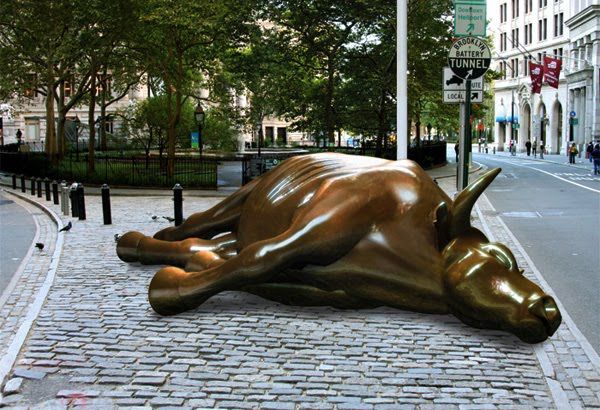The great essayist has departed this life.
During his final illness, one correspondent after another wrote to remark that their thinking, their values, their lives had been changed by their encounter with him.
I must say something similar. Lawrence helped dispel many of my areas of ignorance. He tuned up lazy thinking on my part. I didn't and do not agree with all he wrote; he sometimes had harsh words when I disputed him, both online and in personal correspondence. Yet -- and this suggests his largeness of spirit -- he never held a grudge, and continued to link to this blog from time to time. (Invariably those links brought far more traffic to Reflecting Light than almost any other posts I have written.)
Yet he went on, saying things that it often seemed only he could say, in ways that only he could say them.
SAY not the struggle naught availeth,
The labour and the wounds are vain,
The enemy faints not, nor faileth,
And as things have been they remain.
If hopes were dupes, fears may be liars;
It may be, in yon smoke conceal'd,
Your comrades chase e'en now the fliers,
And, but for you, possess the field.
For while the tired waves, vainly breaking,
Seem here no painful inch to gain,
Far back, through creeks and inlets making,
Comes silent, flooding in, the main.
And not by eastern windows only,
When daylight comes, comes in the light;
In front the sun climbs slow, how slowly!
But westward, look, the land is bright!
The labour and the wounds are vain,
The enemy faints not, nor faileth,
And as things have been they remain.
If hopes were dupes, fears may be liars;
It may be, in yon smoke conceal'd,
Your comrades chase e'en now the fliers,
And, but for you, possess the field.
For while the tired waves, vainly breaking,
Seem here no painful inch to gain,
Far back, through creeks and inlets making,
Comes silent, flooding in, the main.
And not by eastern windows only,
When daylight comes, comes in the light;
In front the sun climbs slow, how slowly!
But westward, look, the land is bright!
Arthur Hugh Clough
For now, Lawrence, for you, it is time to rest.










